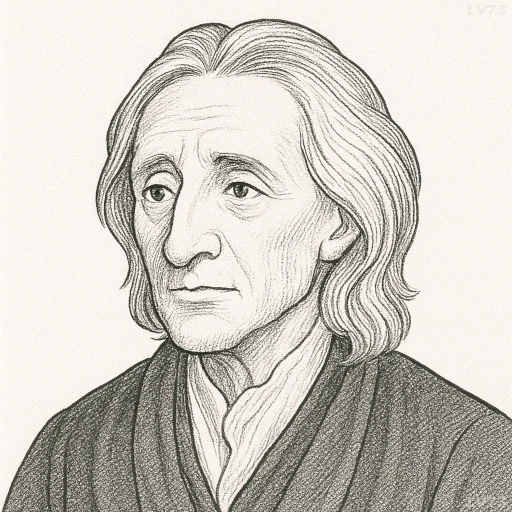“Fashion for the most part is nothing but the ostentation of riches.”

- August 29, 1632 – October 28, 1704
- Born in England (UK)
- Philosopher and political thinker
table of contents
Quote
“Fashion for the most part is nothing but the ostentation of riches.”
Explanation
John Locke, an influential English philosopher of the 17th century, is best known for his contributions to political philosophy, particularly his theories on natural rights and government. However, his views also extended to social matters, including the concept of wealth and status. In this quote, Locke criticizes fashion as a means of displaying wealth and social status rather than as a pursuit of personal style or expression. By calling it ostentation, he highlights the performative aspect of fashion, where the main goal is to impress others with one’s ability to display riches.
The historical context of Locke’s time saw the rise of the bourgeois class, where individuals of newfound wealth sought ways to distinguish themselves from the old aristocracy. Fashion became a tool for demonstrating class distinction, as wealthier individuals could afford the latest trends and most luxurious materials. Locke’s remark reflects a critique of this materialistic approach to fashion and its role in reinforcing social hierarchy.
In modern society, Locke’s observation remains relevant as fashion continues to be linked to status and luxury, especially in a world where consumer culture thrives. The pursuit of the latest brands or the most expensive clothing is still often seen as a marker of success, sometimes overshadowing personal style or comfort. For example, celebrities and influencers are often criticized for promoting expensive brands, reinforcing the idea that fashion is a reflection of economic power.
Would you like to share your impressions or related stories about this quote in the comments section?


